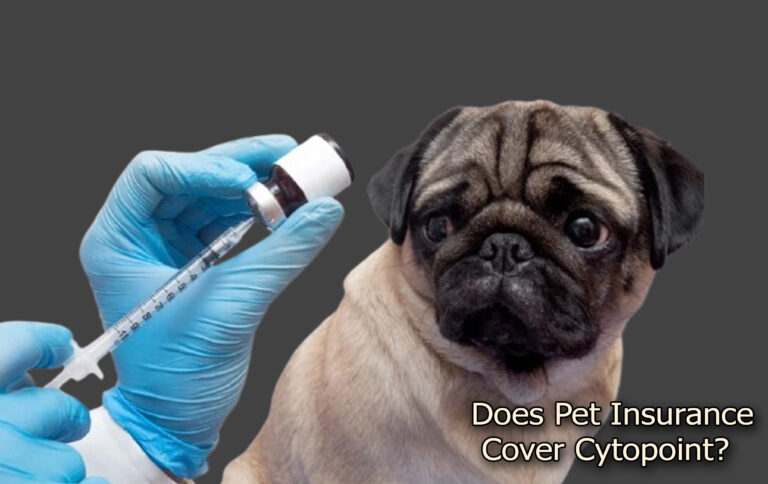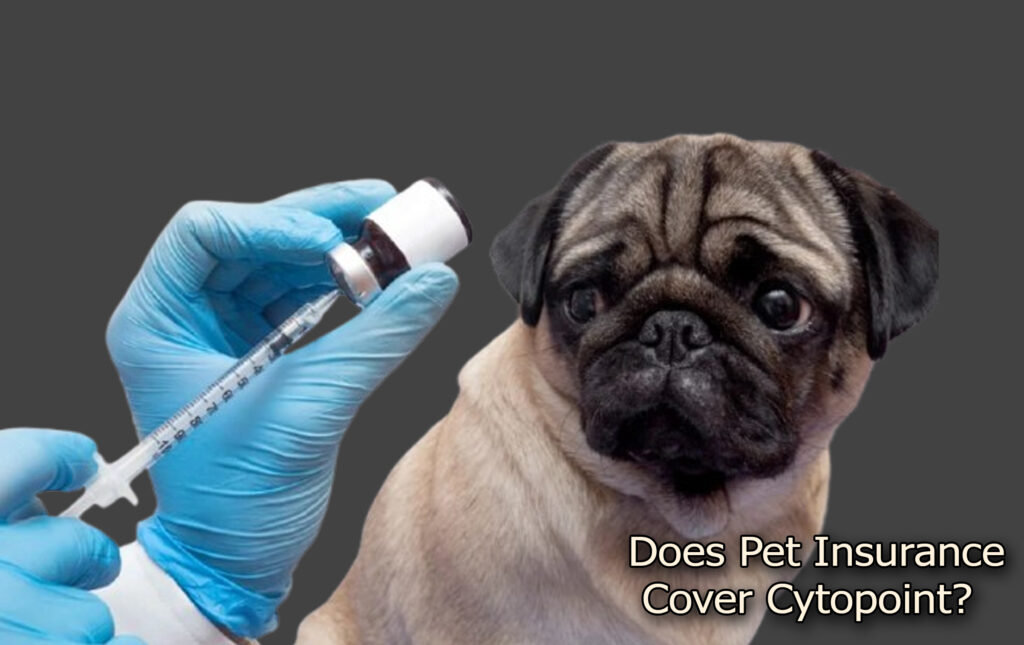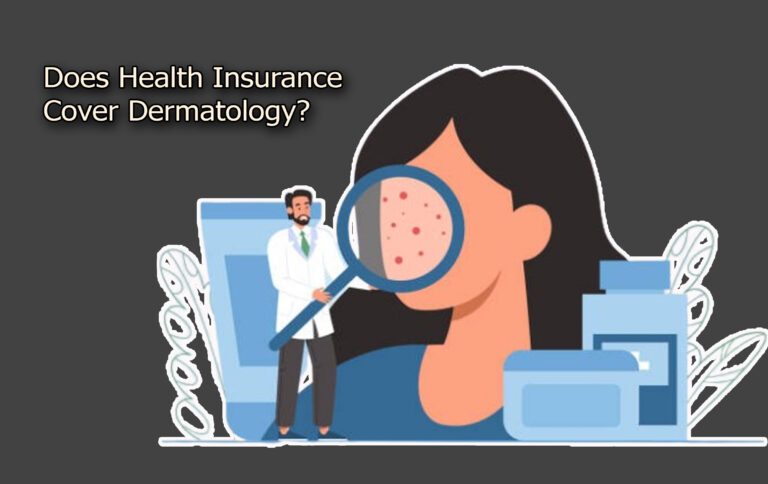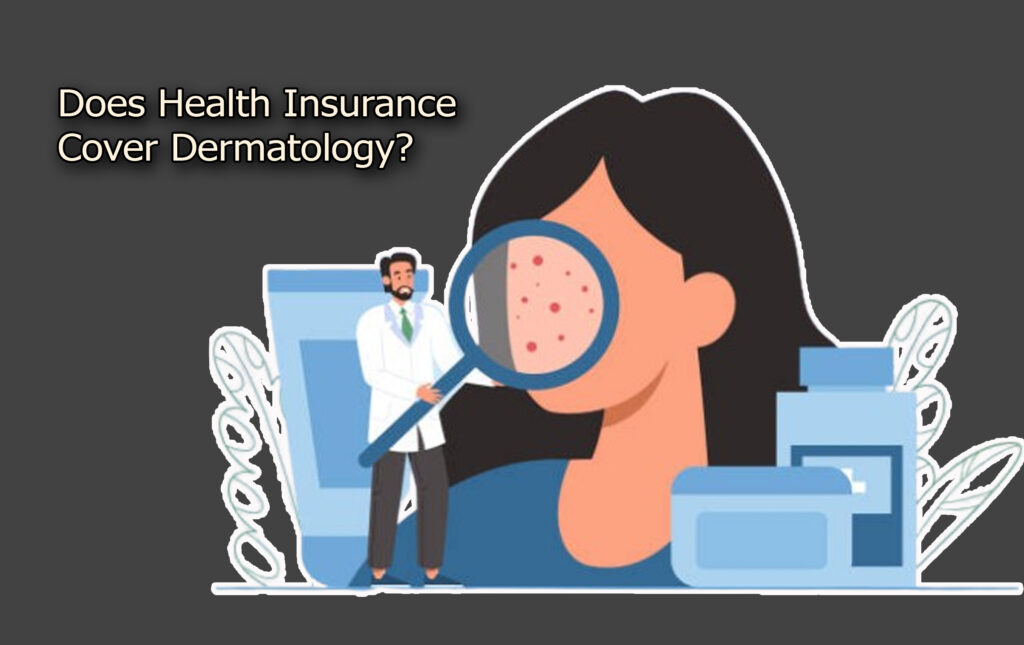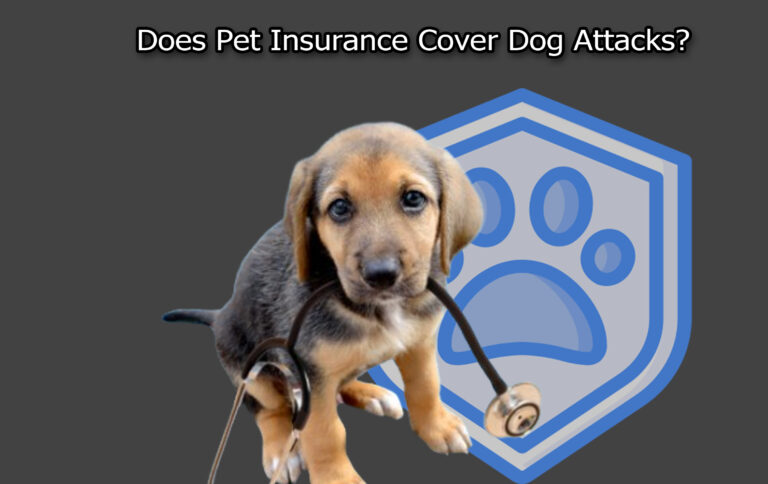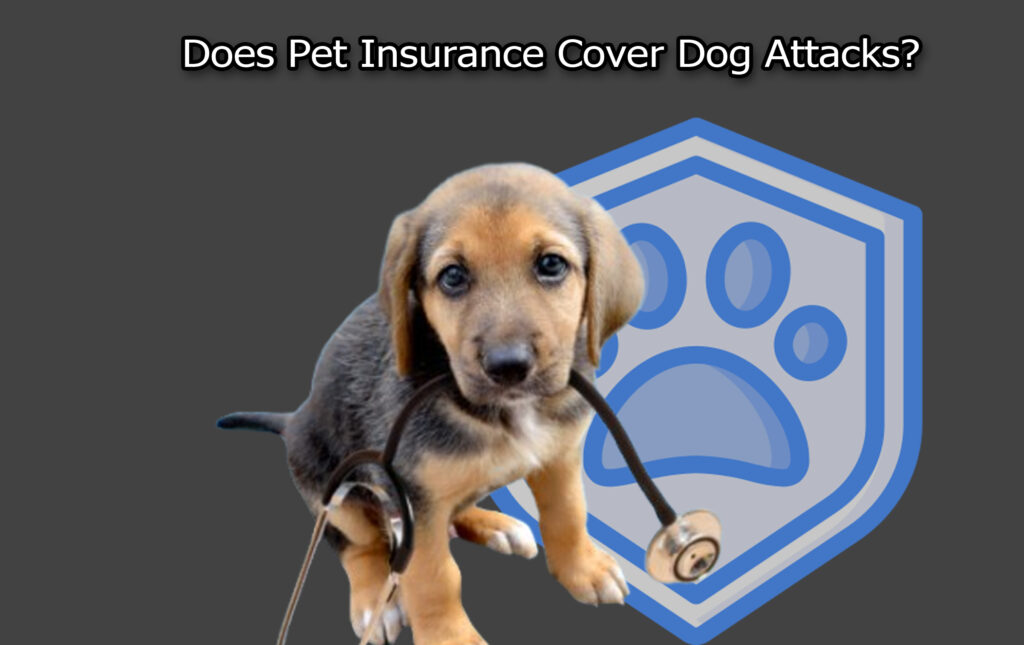Does pet insurance cover echocardiogram? Heart conditions in dogs and cats are more common than many realize, and early detection plays a vital role in improving prognosis and quality of life.

One of the most advanced tools veterinarians use to diagnose and monitor heart issues is an echocardiogram. This is actually a specialized ultrasound that gives a detailed look at the heart’s structure and function.
What’s more, echocardiograms help detect conditions like heart murmurs, valve disease, cardiomyopathy, and congestive heart failure. However, with prices on the high, pet owners can’t help but wonder, “Does pet insurance cover echocardiograms?”.
The good news is that many comprehensive pet insurance plans do cover echocardiogram, especially when they are medically necessary and part of a diagnostic process for a suspected illness.
Why Your Pet Might Need An Echodiogram?
An echocardiogram, also called a cardiac ultrasound, is a non-invasive imaging test that allows veterinarians to view the heart in real-time. It uses sound waves to visualize the heart’s size, shape, movement, and blood flow.
Unlike standard X-rays, which provide static images, echocardiograms give detailed insight into how well the heart is functioning and if any abnormalities exist.
Common reasons for an echocardiogram in pets include:
- Detection of heart murmurs
- Diagnosing fluid around the heart (pericardial effusion)
- Evaluation of congenital heart defects
- Monitoring heart disease progression
- Pre-surgical cardiac assessments in senior pets
- Monitoring pets on heart medications
Cardiologists often recommend an echocardiogram when a heart condition is suspected based on symptoms like coughing, fainting, fatigue, rapid breathing, or irregular heartbeat.
While the test is safe and painless, its cost can be significant, especially if performed by a veterinary cardiologist or in an emergency setting.
Does Pet Insurance Cover Echocardiograms?
Yes, most comprehensive pet insurance plans do cover echocardiograms. However, there are key factors that determine whether the procedure will be reimbursed.
Coverage is usually included under illness benefits when the echocardiogram is used to diagnose or manage a condition that developed after the policy’s waiting period.
Factors that influence coverage include:
- The echocardiogram must be ordered by a licensed veterinarian as part of diagnosing a suspected illness.
- If your pet showed signs of heart disease or had a related diagnosis before the policy’s start date or during the waiting period, coverage will likely be denied due to the pre-existing condition clause.
- Accident-only policies will not cover echocardiograms, as heart issues are classified as illnesses.
- Your reimbursement will be affected by your chosen plan’s deductible, co-pay percentage, and yearly cap.
Some insurers may require that the test be performed or confirmed by a veterinary specialist to qualify for coverage. It’s important to keep all veterinary records and diagnostic reports when submitting your claim.
How to Make Sure Your Pet’s Echocardiogram is Covered
To ensure your pet’s echocardiogram is eligible for coverage, it’s essential to follow a few best practices and review your policy details carefully.
Steps to increase the likelihood of coverage:
- Get insurance while your pet is young and healthy to avoid pre-existing condition exclusions.
- Make sure your plan includes coverage for diagnostics, specialists, and chronic conditions.
- Routine exams help establish a clear health history and can support your claim if new symptoms arise.
- Call or email your insurer to verify if an echocardiogram will be covered based on your pet’s condition.
- Submit all invoices, vet notes, and diagnostic results when filing a claim to support medical necessity.
Some insurance providers also offer optional wellness plans, but these typically do not cover diagnostic tests like echocardiograms, since those fall under illness-related treatment.
Additional Heart Diagnostic Costs That May Be Covered
An echocardiogram is just one of several diagnostic tools used to evaluate heart conditions. If your pet is undergoing cardiac evaluation, other tests may also be recommended—and some may be covered under your insurance.
Other potentially covered heart diagnostics:
- Chest X-rays to view the heart and lungs
- Electrocardiogram (ECG or EKG) to assess electrical activity
- Blood pressure monitoring
- ProBNP blood tests (indicates heart stress or damage)
- Cardiac enzyme panels
- Repeat echocardiograms for follow-up evaluation
If these tests are ordered as part of managing a newly diagnosed condition, they are often covered under illness benefits.



